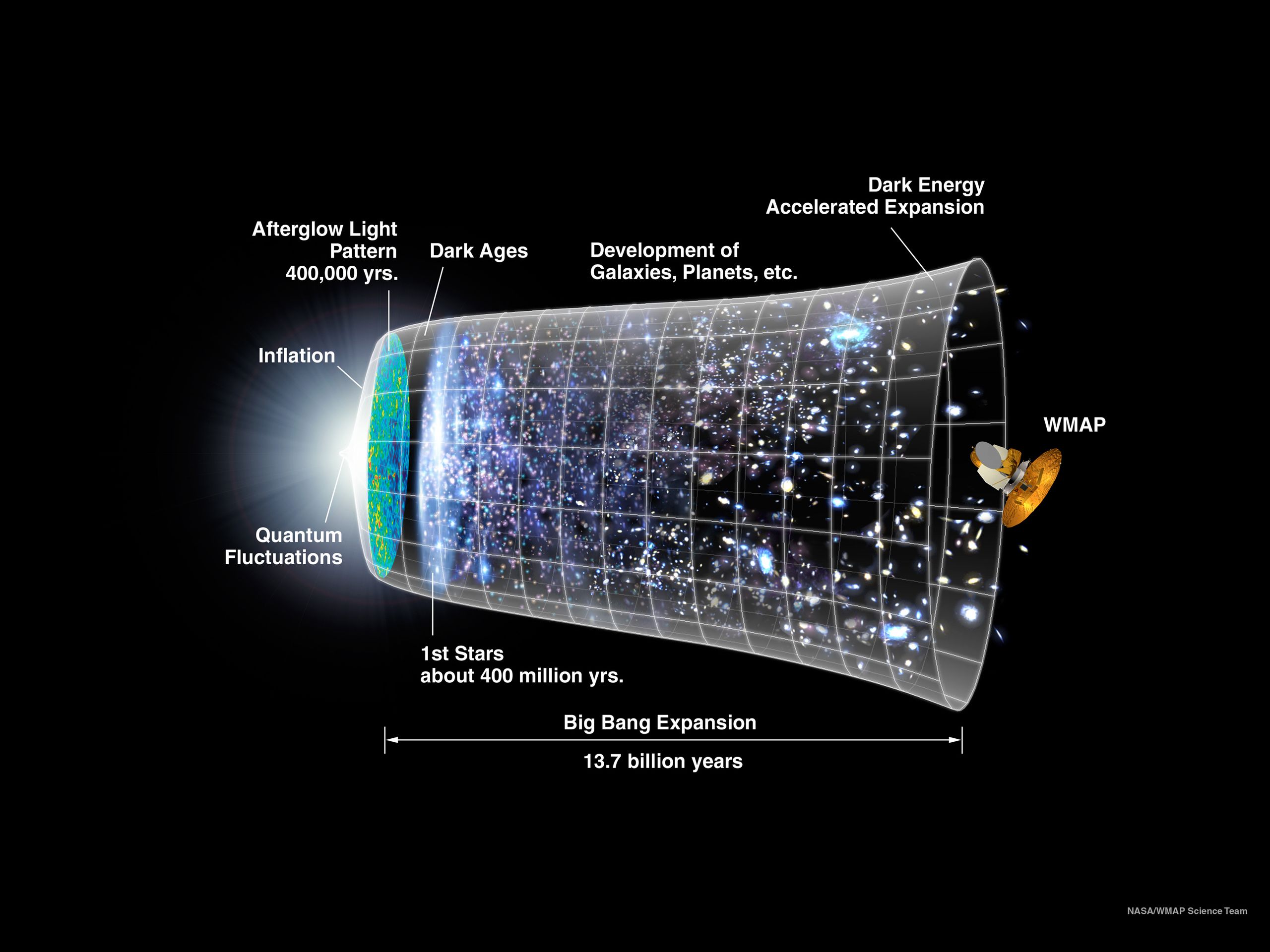You know, I always took you for a rational dude.
But this... yikes.

Curious, what's your background in physics and thinking within and outside of spacetime? Like, have you ever wrestled with those concepts in a college context or anything similar?
First of all, you're making assumptions here-- no one (scientists) says the universe "created itself"-- that's a strawman. The current position of cosmologists is that the universe has always existed in one form or another, and may be a part of an infinite parallel with other universes.
There is no "current position of cosmologists", they're all over the map on this issue, have literally no proof or even evidence of any answer, and aren't anywhere near a consensus. There have been many who do believe that the universe created itself via quantum fluctuations. Because of the lack of evidence to support their theories, the ebb and flow of the discourse tends to follow contemporary philosophical fads rather than actual new developments.
Questions regarding the formation of the Universe and ‘what was there’ before it came to existence have been of great interest to mankind at all times…

www.sciencedirect.com
A recent challenge to Stephen Hawking’s biggest idea — about how the universe might have come from nothing — has cosmologists choosing sides.

www.quantamagazine.org
Our universe could have popped into existence 13.7 billion years ago without any divine help whatsoever.

www.space.com
Now, intellectually, such a position is obviously bullshyt for the reasons I already gave. Which is why some of them jump to the crutch of infinitely successive universes, each creating the next in turn. But not only is there zero evidence for this, to claim that such universes can track back infinitely and don't need to have a beginning is just to hand-wave the problem away. Why would space-time even exist at all in that scenario? What would determine that there be any physical laws in the first place? It's the most ridiculous juelz because they can't explain how the finite spacetime we're well aware of could track back infinitely, so they just say, "Because I say so, and I don't have to explain it", even though that justification doesn't hold for any other natural phenomena that actually has to follow the laws of said spacetime it is within.
Second, a supernatural being by definition cannot exist in nature, otherwise, it would be natural. As far as I'm aware, the gods of man interact with men, thereby making them a paradox-- they are no longer supernatural if men can hear them, for example. Their voices can only be heard if there is a medium, such as air. That, by definition, would make them a natural being, hence the paradox.
Why would a supernatural being not be able to interact with the natural world? You just made up that definition. I'm not a digital person made up of 1s and 0s, but I can interact with digital worlds just fine. There's no inherent reason why something supernatural could not interact with the natural as it chose to.


 However, You didn't say no to the bible verses so I'll post this one for ya.
However, You didn't say no to the bible verses so I'll post this one for ya.







